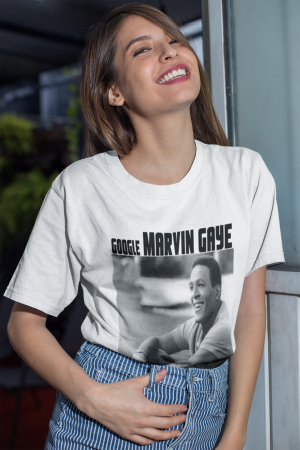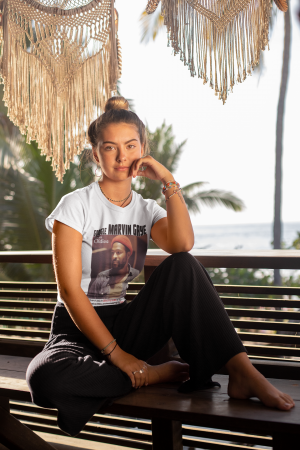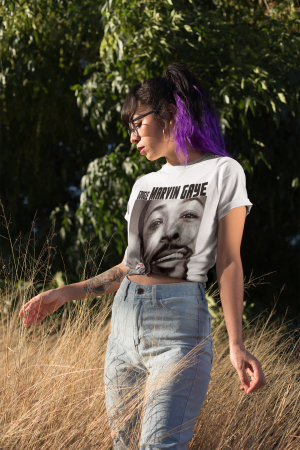DIZAZTA'S OLDIES
T-SHIRT COLLECTION
MARVIN GAYE
Marvin Gaye 001
Marvin Gaye 002
Marvin Gaye 003
Marvin Gaye 004
Marvin Gaye 005
Marvin Gaye 006
Marvin Gaye 007
Marvin Gaye 008
Marvin Gaye 009
Marvin Gaye 010
Marvin Gaye 011
Marvin Gaye 012
Marvin Gaye 013
Marvin Gaye 014
Marvin Gaye 015
Marvin Gaye 016
Marvin Gaye 017
Marvin Gaye 018
Marvin Gaye 019
Marvin Gaye 020
Marvin Gaye 021
Marvin Gaye 022
Marvin Gaye 023
Marvin Gaye 024
Marvin Gaye 025
Collect all the t-shirts from the historic show DIZAZTA'S OLDIES. Be apart of the MOVEMENT that is changing the face of history.



















































































